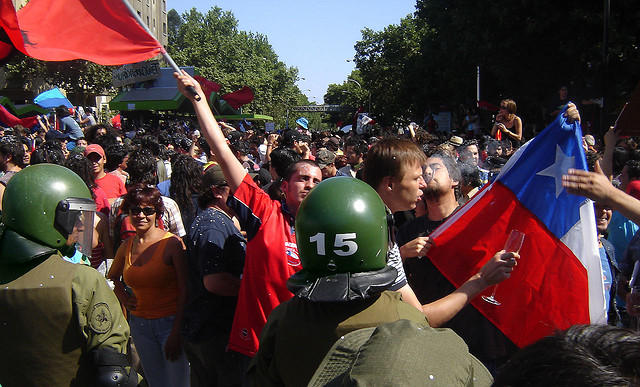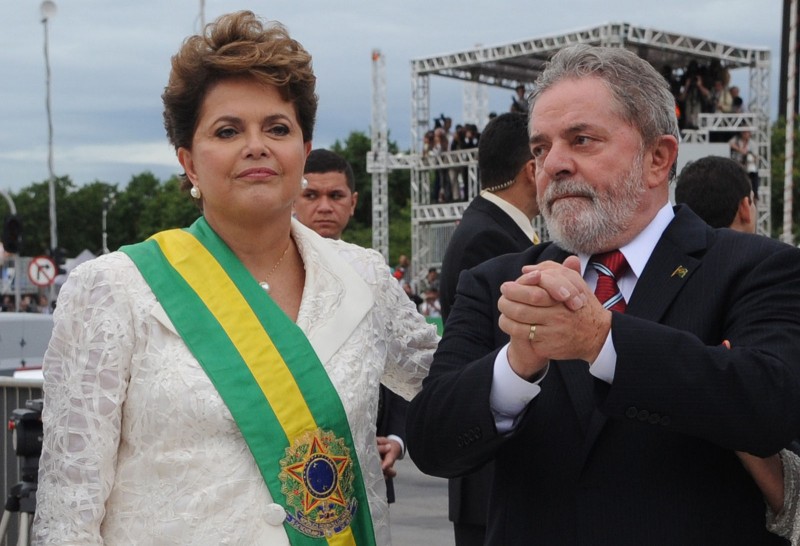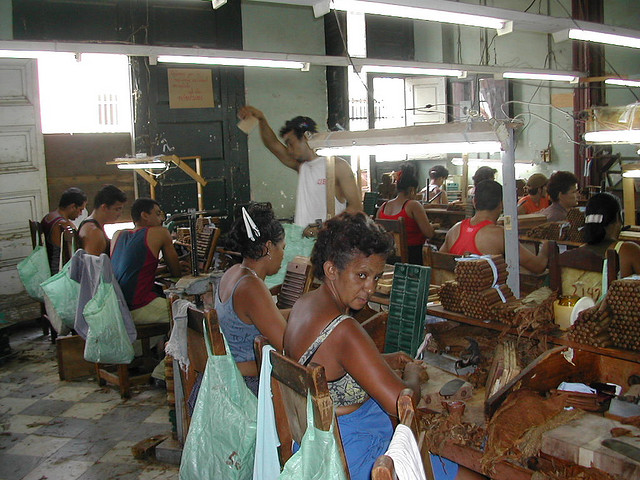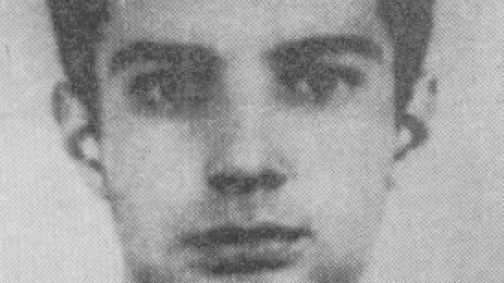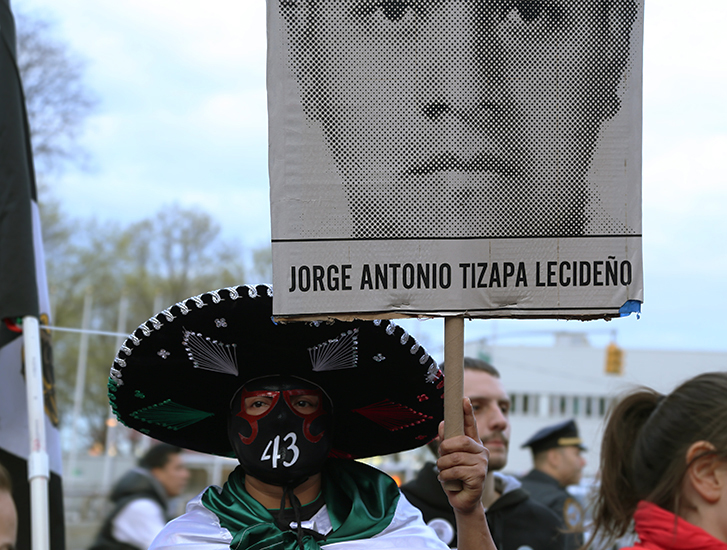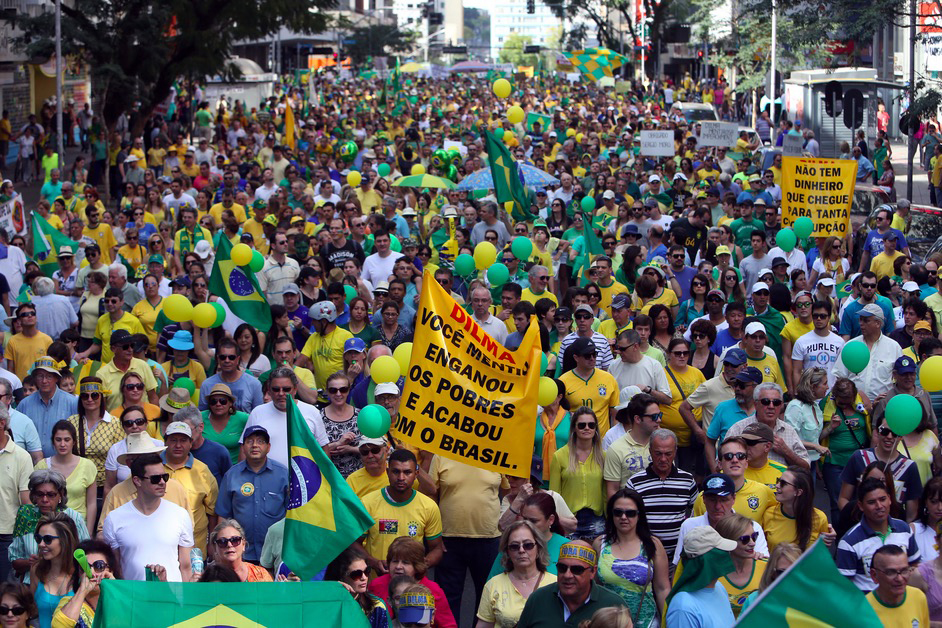
Brazil, Dispatches, Southern Cone
Anti-Government Protests Sweep Brazil for Third Time in Six Months
August 17, 2015 By Cleuci de Oliveira
SÃO PAULO — Hundreds of thousands of protesters flooded the streets of major Brazilian cities on Sunday for the third time in 2015, demanding an end to corruption and the ousting of President Dilma Rousseff. The protests were closely monitored to determine the populace’s state of discontent against the embattled Rousseff, who faces calls for her impeachment amid an economic recession and a massive corruption scandal that threatens to engulf her ruling Workers’ Party.
Protests in Brazil’s most populous city of São Paulo drew 135,000 participants, according to a poll released on Monday by Datafolha. Despite early forecasts that Sunday’s demonstrations would underperform, turnout was higher than during the previous protests in April.
Public disapproval for Rousseff stems from ongoing revelations involving a multi-billion-dollar kickback scheme within the partially state-owned Petrobras oil giant, which has led to the arrests of high profile members of the Workers’ Party and the president’s inner circle. Rousseff chaired Petrobras between 2003 and 2010 — years in which the kickback scheme’s infrastructure was engineered. To date, investigators have not uncovered evidence connecting Rousseff to the scheme.
The country is also weathering an economic downturn that has slashed the value of the Brazilian real and led to the downgrading of the country’s bond rating by Moody’s on Tuesday.
Rousseff’s approval ratings most recently plunged to 8 percent, according to an August poll by Datafolha — lower than those for former President Fernando Collor de Melo at the height of his impeachment process in 1992. A total of 71 percent of Brazilians consider the Rousseff administration to be “bad” or “very bad,” according to the same poll, which puts the number of Brazilians who believe the president should face an impeachment process at 66 percent.
The protests were scheduled to take place on the same day, 23 years later, as the historic student demonstrations demanding Melo’s impeachment. (Melo resigned as president less than two months after the protests, and was subsequently impeached.) They were planned months in advance by a loose alliance of activist groups on social media, the three leading groups — Movimento Brasil Livre (Free Brazil Movement), Vem Pra Rua (Come to the Streets), and Revoltados Online (Outraged Online) — having spearheaded the earlier nation-wide protests on March 15 and April 12. All three groups call for an end to endemic corruption, although they disagree internally about whether Rousseff should be impeached.
Sunday’s protests ran throughout much of the day, with leading members of the opposition participating in their respective states. Senator Aécio Neves, who lost the presidential bid to Rousseff in November by the narrowest margin in the country’s history, joined the protests in Belo Horizonte, denouncing the Rousseff administration in a brief speech and singing the national anthem.
Morning protests in Rio de Janeiro’s famed Copacabana Beach were set to coincide with an international cycling event, a test run ahead of the 2016 Olympics. The clash forced the mayor’s office to seek an alternate start time and route for the competition. In São Paulo, protesters took over the metropolitan city’s main thoroughfare Avenida Paulista from around noon to 6 p.m., preventing cars from passing through.
Cities like Bélem, in the northern state of Pará, and the capital Brasília, with its notoriously low humidity rates during the winter months, staged demonstrations at ten in the morning, owing to concerns over the weather. Some cities like Boa Vista, the capital of the Amazonian state of Roraima, held demonstrations in the evening to bypass the stifling heat.
About Cleuci de Oliveira
Cleuci de Oliveira is a New York City-based journalist from Brasília, Brazil.
